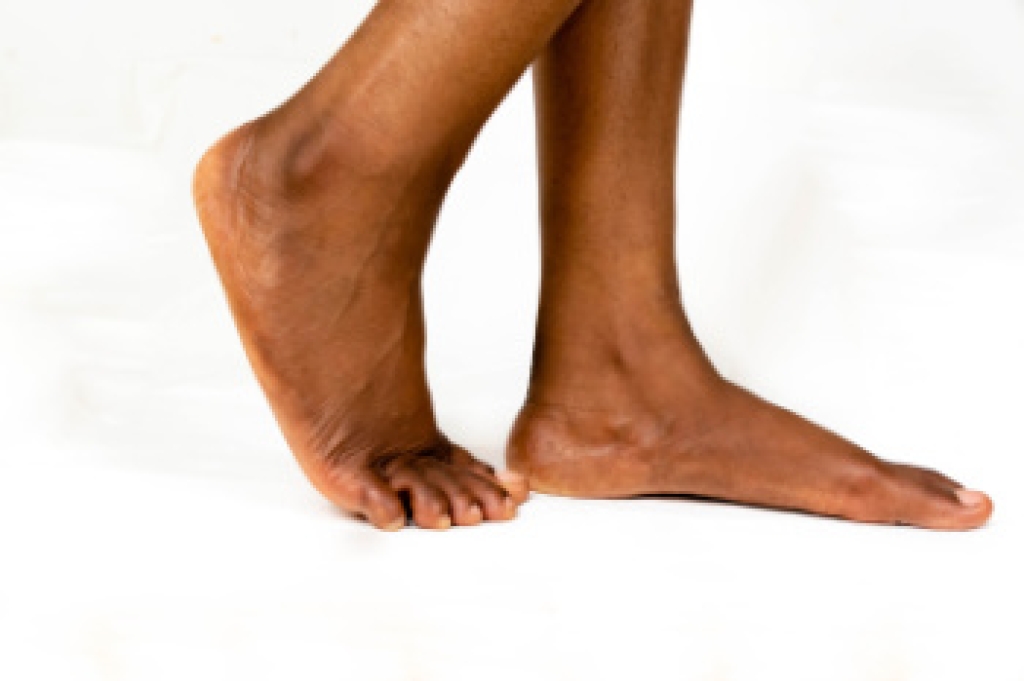
Peripheral neuropathy is a nerve disorder that commonly affects the feet first because the longest nerves are most vulnerable to damage. It often develops in both feet and may cause tingling, burning, sharp shooting pain, or unusual sensitivity. As the peripheral neuropathy progresses, painful sensations may lessen and be replaced by numbness, weakness, or a persistent cold feeling, which reduces the body’s natural warning system. People may not notice injuries, pressure areas, or skin breakdown, which increases the risk of infection and structural problems. A podiatrist performs detailed neurological and vascular examinations, evaluates muscle strength and foot structure, and tests sensation with specialized instruments. Diagnostic studies may be recommended to measure nerve function and determine severity. Treatment options include protective care, pressure relief strategies, medical management of complications, and ongoing monitoring to prevent ulcers or deformity. If you have symptoms of peripheral neuropathy, it is suggested that you make an appointment with a podiatrist for an exam, diagnosis, and treatment.
Neuropathy
Neuropathy can be a potentially serious condition, especially if it is left undiagnosed. If you have any concerns that you may be experiencing nerve loss in your feet, consult with one of our podiatrists from Lakewood Family Foot and Ankle. Our doctors will assess your condition and provide you with quality foot and ankle treatment for neuropathy.
What Is Neuropathy?
Neuropathy is a condition that leads to damage to the nerves in the body. Peripheral neuropathy, or neuropathy that affects your peripheral nervous system, usually occurs in the feet. Neuropathy can be triggered by a number of different causes. Such causes include diabetes, infections, cancers, disorders, and toxic substances.
Symptoms of Neuropathy Include:
- Numbness
- Sensation loss
- Prickling and tingling sensations
- Throbbing, freezing, burning pains
- Muscle weakness
Those with diabetes are at serious risk due to being unable to feel an ulcer on their feet. Diabetics usually also suffer from poor blood circulation. This can lead to the wound not healing, infections occurring, and the limb may have to be amputated.
Treatment
To treat neuropathy in the foot, podiatrists will first diagnose the cause of the neuropathy. Figuring out the underlying cause of the neuropathy will allow the podiatrist to prescribe the best treatment, whether it be caused by diabetes, toxic substance exposure, infection, etc. If the nerve has not died, then it’s possible that sensation may be able to return to the foot.
Pain medication may be issued for pain. Electrical nerve stimulation can be used to stimulate nerves. If the neuropathy is caused from pressure on the nerves, then surgery may be necessary.
If you have any questions, please feel free to contact our office located in Lakewood, CA . We offer the newest diagnostic and treatment technologies for all your foot care needs.




